2020 has seen too many issues of contention; racial tensions have flared, the presidential election was the stuff of nightmares, and science surrounding COVID-19 has many scientists and researchers locked in debate. For many Nevadans, the question over Governor Steve Sisolak’s mask mandate has caused no small amount of controversy.
Unfortunately, we are not discussing ski or masquerade masks.
On June 24th, Governor Sisolak issued a mandatory face-covering requirement for all residents and visitors. According to Sisolak, the goal was to “flatten the curve”, or delay the spread of the virus to allow medical facilities to prepare for the influx of ill patients. According to Sisolak’s directive, research indicates that facial coverings are one of the most effective ways to slow the transmission of this disease.
Many Fallon residents are questioning the effectiveness of face coverings and the validity of some of the research. One question being asked regards the state’s most recent and devastating increase in positive test cases. Most Nevadan’s were complying with the mask mandate at the onset of the latest surge, which has resulted in record-high positive tests, hospitalizations, and deaths. This fact has many people less convinced that masks offer the protection touted by state officials.
Most science agrees that face-coverings offer some protection, but the hot-button questions ask how much, and at what cost?
Not all masks are created equal. Medical or surgical masks are proven to protect the nose and mouth from droplets, sprays, and splashes, and filter out large airborne particles. These masks are intended for one-time use and disposable. The N95 Mask is actually a type of respirator that offers more protection than a surgical mask and filters out 95% of small particles. However, wearers are supposed to be trained and pass a fit test before wearing one. N95 Masks are also disposable. Cloth masks keep droplets from spreading when the wearer coughs, sneezes, or talks.
All types of masks are said to offer some protection from COVID, but none are FDA (Food and Drug Administration) approved. Additionally, there have been no large-scale clinical trials proving personal-use masks effectively prevent the spread of coronavirus. “The trials neither prove that masks are useful nor that they are dangerous or a waste of time,” stated Hilda Bastian, P.h.D. in her recent article regarding face coverings. “That is because the studies have been both few in number and beset with methodological problems.”
One area of concern among scientists regarding masks is that exhaled air goes into the eyes, which causes people to touch their eyes more frequently. One food server in a Fallon restaurant recently stated, “Now that I have to wear a mask all day, I touch my face more than I ever have.”
Also causing unease among some researchers is the false sense of security that the mask provides for some. In many cases, the mask wearer becomes less attentive to social distancing, disinfecting and hand washing. Without these additional preventative actions, COVID will continue to spread.
Science and research aside, area residents that disagree with the mandate are concerned with the impact on our every-day lives and believe that the mask mandate overreaches civil liberties. For some people, they simply do not trust the sources of Nevada’s public health information.
Another prevailing argument is that those individuals who are high-risk should not dictate the social actions of those who are not. If a person is fearful of contracting the virus, that person should limit their exposure or avoid crowded public areas. “I look around and ask myself, is this where we are now?” stated one Fallon resident that preferred to remain anonymous. “I don’t believe the masks are that effective - if I get sick, I get sick.”
Several mask wearers also complain of skin problems, anxiety issues, and breathing difficulties. While the state mandate excludes individuals with medical conditions from having to wear masks in public, employees, even with medical conditions, are not exempt. This means they must chose between being unmasked and unemployed, or being masked and attempting to work with conditions like Asthma. And for those who don’t wear masks due to medical conditions or not, the social pressure and hostility from others creates another set of unique issues.
The controversy goes beyond politics and causing contention among family, friends, and businesses. The consensus among many is that the financial, personal, and social costs of the mask mandate will be far worse than contracting the virus.
Nevadans are faced with a balancing act – staying safe while maintaining our civil liberties and personal freedoms. Both are crucial to the economic and social health of Nevada residents. While that is no easy feat, we can choose to be respectful of one another on this issue. Unlike some California cities, we are fortunate that local law enforcement is not enforcing mask mandates. In return, we can be kind – even in disagreement, and we can refuse to allow masks to be another source of division.
This article does not propose that masks need not be worn. The preponderance of available evidence indicates that facial coverings can help prevent the spread of the virus.



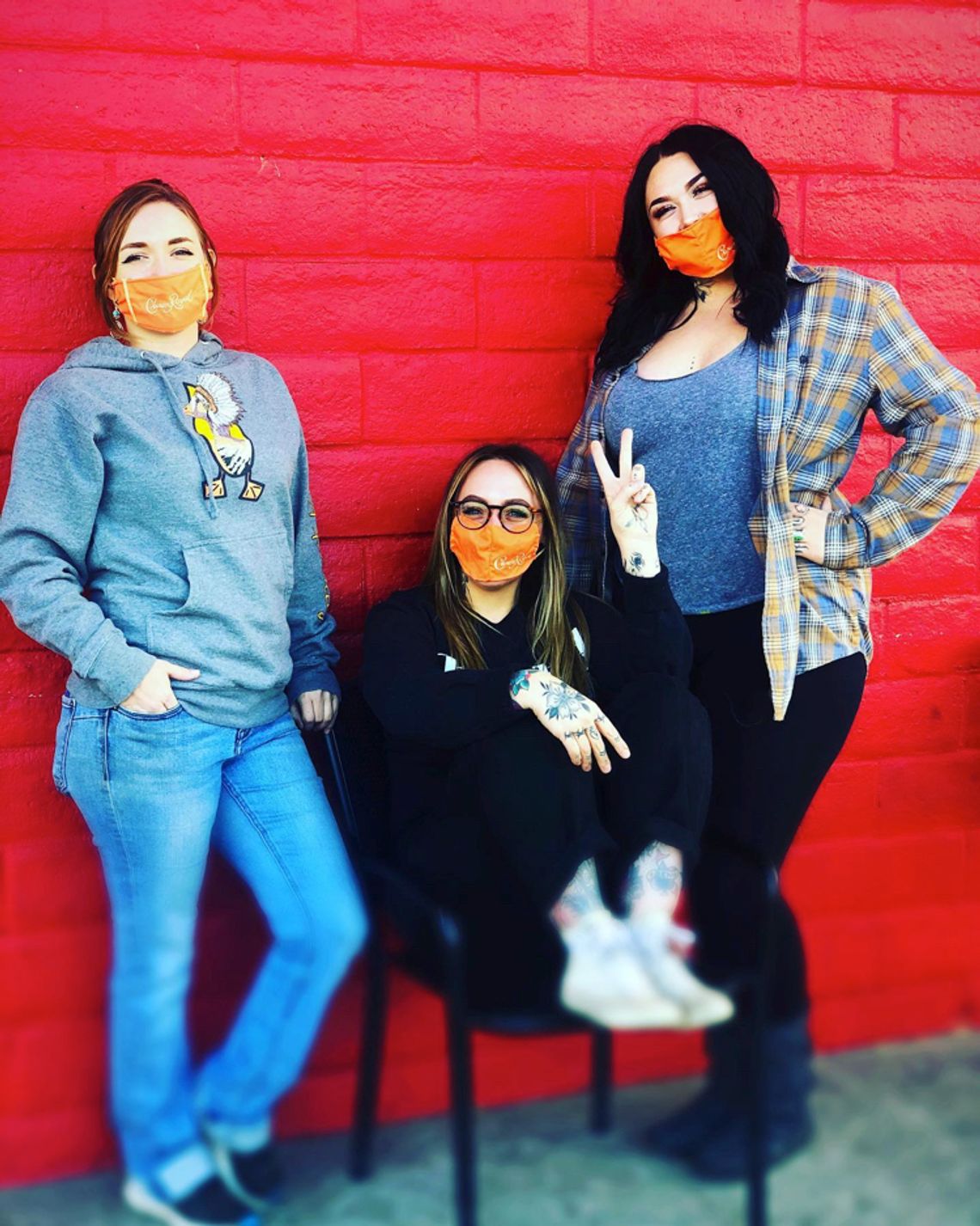
































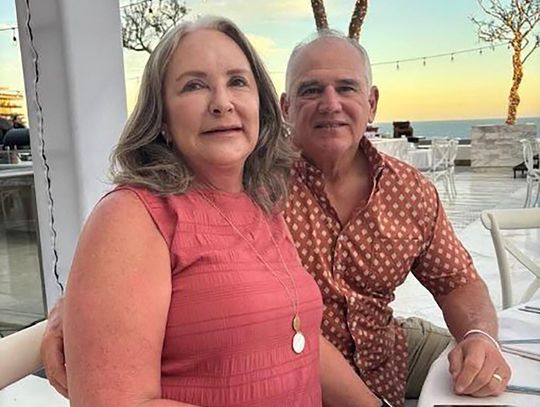
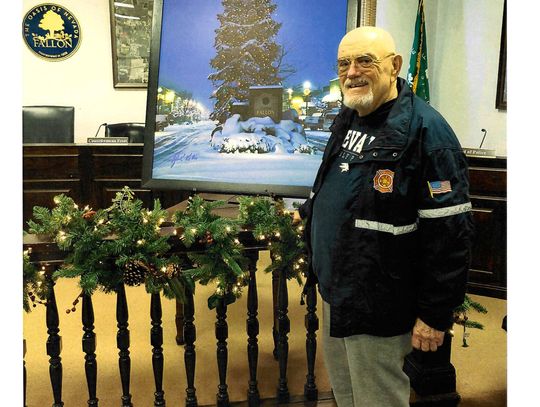

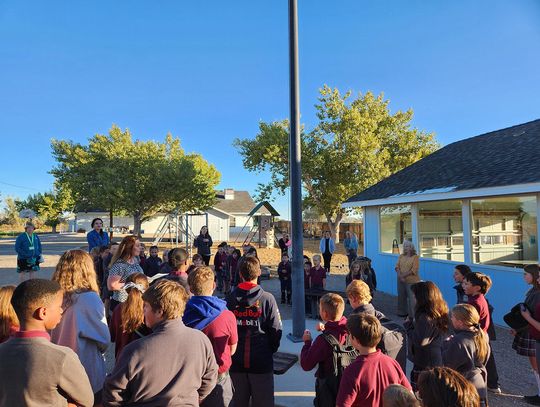
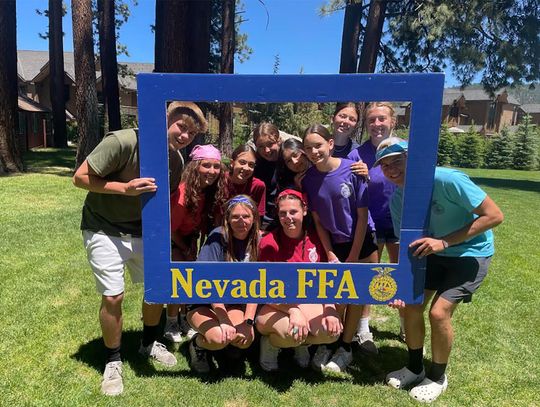

Comment
Comments